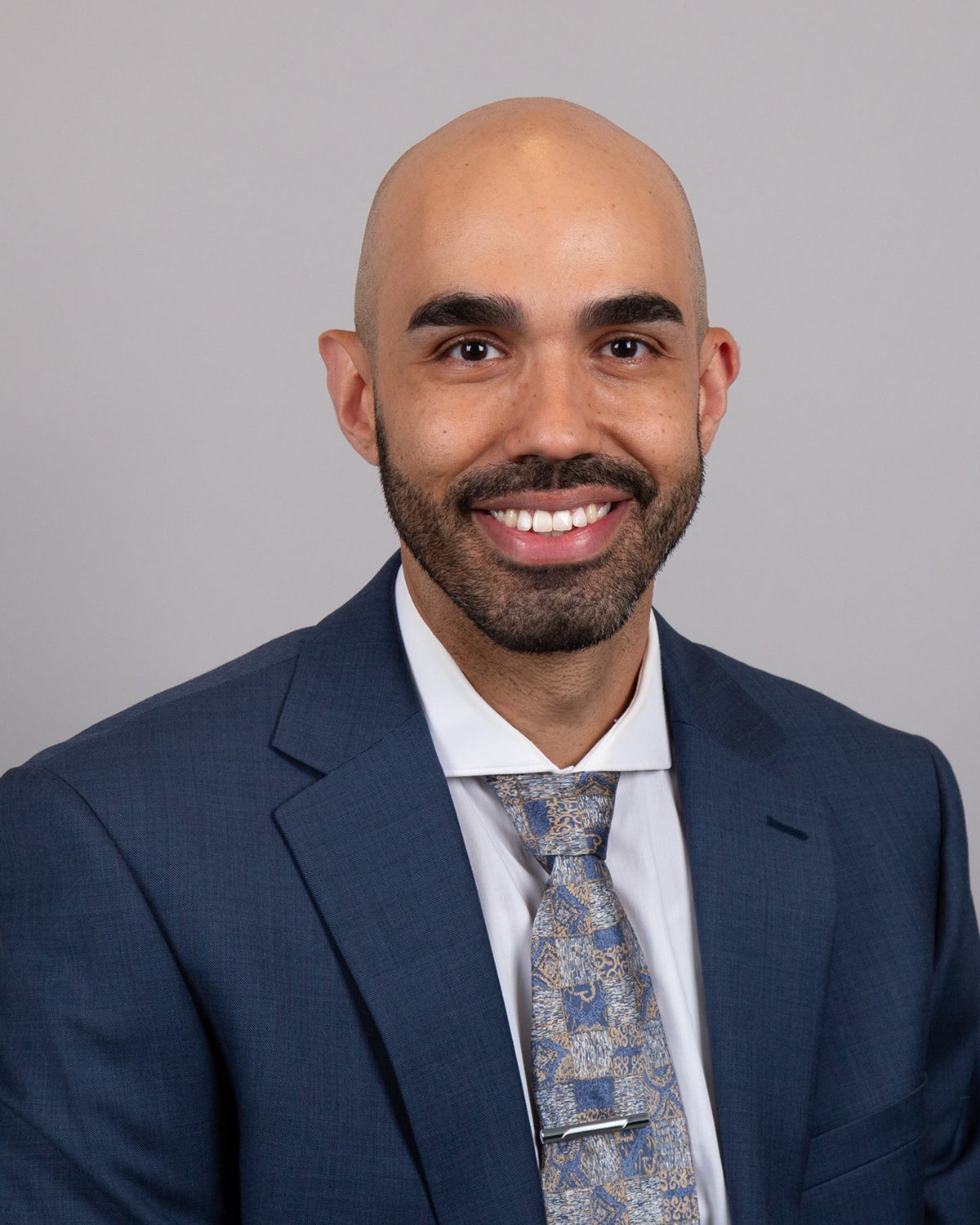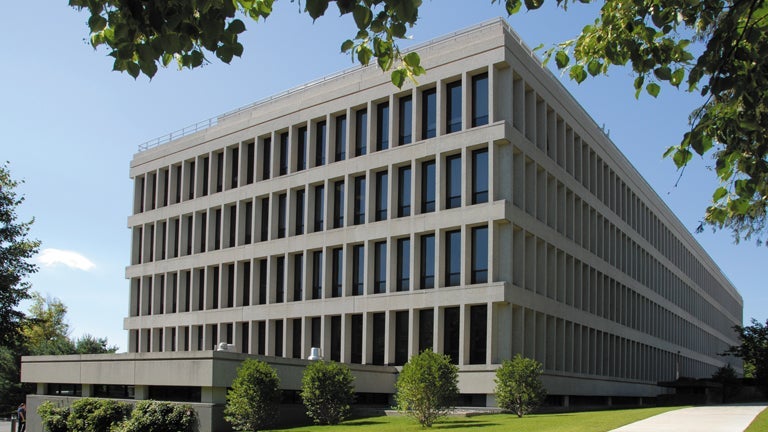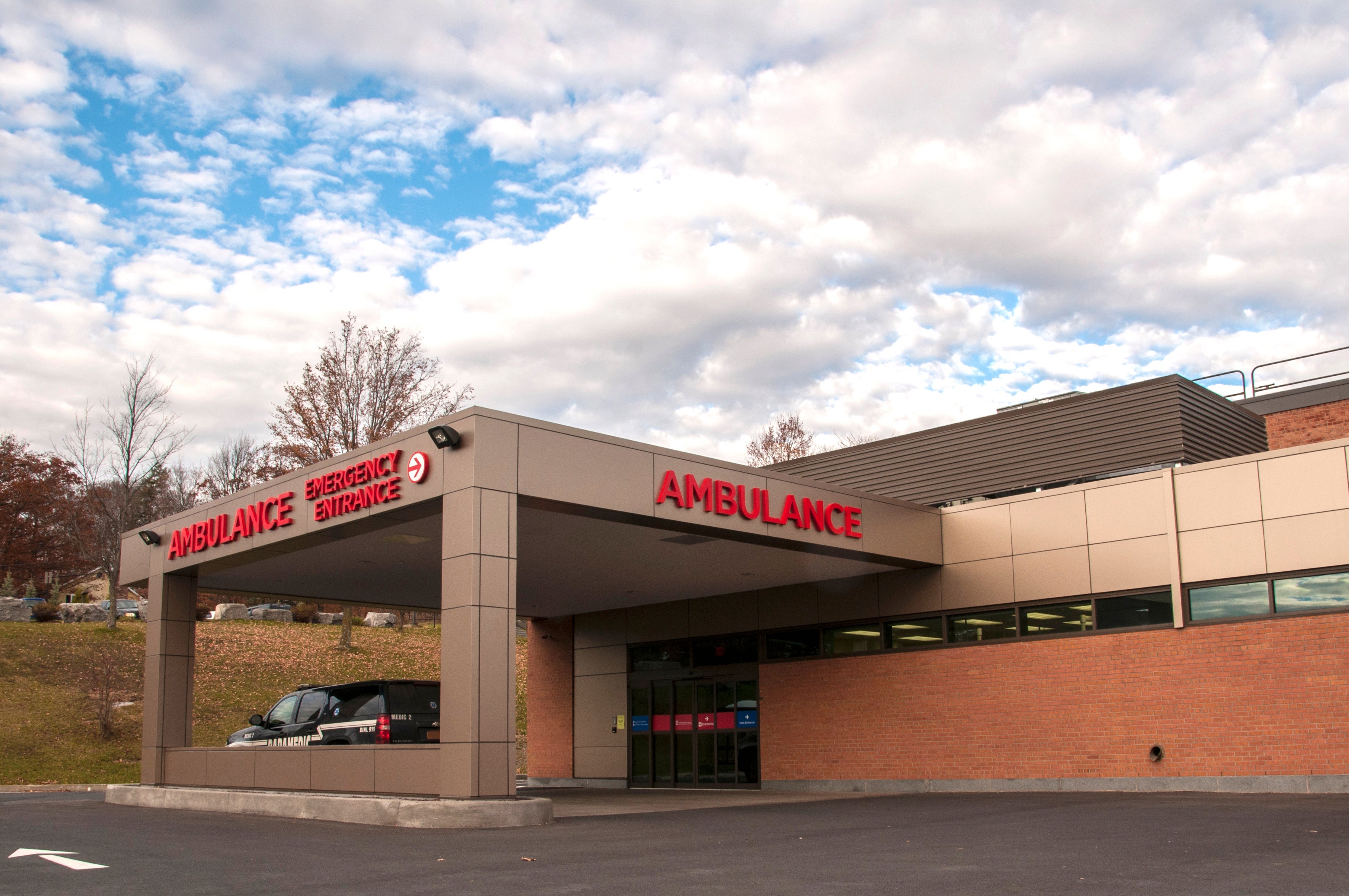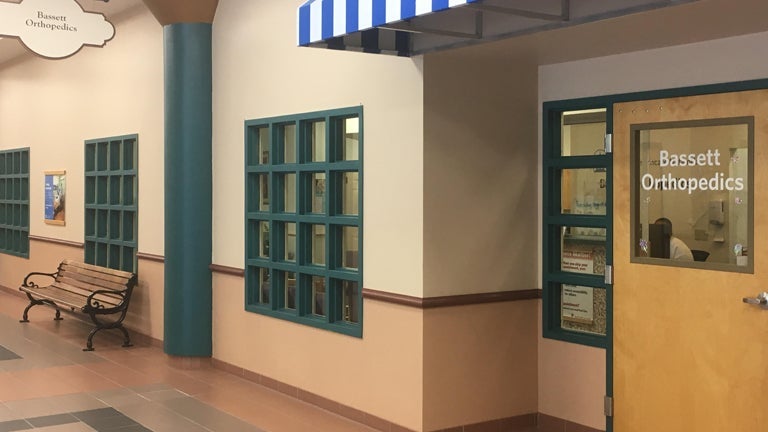Shoulder Pain
Why Does My Shoulder Hurt?
The shoulder has the greatest range of motion of any joint in the body. Almost every activity involving our upper extremities also involves the shoulder joint. A healthy, mobile shoulder joint is needed for you to be able to extend, rotate, flex, lift, or move your hand in any direction.
Our team of orthopedic specialists will begin by diagnosing the source of your pain, and reviewing treatment options with you so that you can get back to your regular activities.
Symptoms of Shoulder Problems
People with shoulder pain may have one or more of the following symptoms:
- Persistent, dull ache or severe, sharp pain in the shoulder or in one area of the shoulder
- Inability to raise the affected arm, or otherwise move the shoulder
- Muscle stiffness and/or muscle spasms
- Swelling or redness
- Noticeable malformation of the shoulder
Conditions That Cause Shoulder Pain
Typical causes of shoulder pain include injuries, arthritic conditions, diseases, and lifestyle factors. In rare cases, problems that affect other areas of the body, such as angina (a painful symptom of advanced heart disease) or a pinched nerve in the neck, can cause shoulder pain.
Traumatic Shoulder Injuries
Typical injuries that cause shoulder pain include:
A powerful blow to the shoulder or a fall can cause the head of the humerus to “pop” out of the shoulder socket. This injury is very painful, and can damage the soft tissue in the shoulder, as well as the surrounding nerves. The head of the humerus (the “ball”) needs to be relocated to the glenoid (the “socket”) as soon as possible by a trained medical professional.
When the ligaments attached to the collar bone are torn, they may detach from the shoulder blade. Separations can be caused by a major blow or a fall, especially when an outstretched hand stops contact with the ground.
This is one of the most common shoulder injuries. The rotator cuff is formed by several tendons and is essential for shoulder flexibility, stability, and strength. A tear in one or more of these tendons may result from a powerful force or blow, or chronic overuse activities.
Often resulting from a previous injury, a frozen shoulder is marked by pain that causes the person to stop using the shoulder for everyday activities. Over time, the shoulder’s soft tissue becomes inflamed, and the shoulder gradually becomes impossible or extremely painful to move. This condition can also occur without an injury, and more commonly affects those with diabetes and those who have kept their shoulder immobilized for an extended amount of time.
This condition occurs when one or more tendons become inflamed, which may be caused by wear and tear, overuse, aging, or a previous injury that didn’t heal properly. Shoulder tendonitis results from inflamed tendons in either the rotator cuff or the biceps. The biceps muscle and tendon run in front of the shoulder.
This condition occurs when overuse or repetitive motions trigger the bursa in the shoulder to create excess fluid. This may cause swelling, inflammation, and pain.
Sometimes referred to as a “broken shoulder,” a fracture is caused by a traumatic impact, such as a fall, sports injury, or a motor vehicle accident. One or more of the shoulder’s bones may crack partially or break completely. The pain is severe, and the shoulder may look deformed. A fracture should be treated immediately at the nearest emergency room.
Additionally, injuries that don’t heal completely may lead to osteoarthritis and as a result, the degeneration of the shoulder joint. Always see a medical professional after experiencing a shoulder injury to minimize lifelong damage to the surrounding joints, tendons, and muscles.
Arthritic Shoulder Conditions
There are two major types of arthritis that can cause shoulder pain:
The most common type of arthritis, osteoarthritis results from normal wear and tear, overuse, and aging. Osteoarthritis breaks down the protective cartilage, causing the shoulder bones to rub against each other and deteriorate, which leads to pain, stiffness, and inflexibility.
Commonly referred to as “R.A.,” this chronic autoimmune disorder leads to inflammation and thickening the shoulder joint’s lining (synovium). Rheumatoid arthritis breaks down shoulder cartilage, causing painful swelling (often severe) and stiffness.
Shoulder Diseases
Common diseases that can cause shoulder pain include:
When blood stops flowing to a shoulder bone, the bone begins to crack, and without proper treatment, it may collapse. Because the bone is “dying,” this condition is very painful and leaves people unable to use their shoulders without severe pain. Avascular necrosis can be caused by a shoulder dislocation, separation, a fracture that did not heal properly, excessive alcohol consumption, usage of corticosteroids, and additional medical conditions that result in disruption of blood supply to the shoulder.
Both cancerous and non-cancerous tumors can form lumps in the bone or soft tissue of the shoulder. Tumors may or may not be painful, but seek medical care as soon as possible for a diagnosis.
Learn more about shoulder pain and common shoulder problems.
Shoulder Pain Diagnosis
Our orthopedic specialists may begin by ordering specific imaging or diagnostic tests for your shoulder, including:
- X-rays
- MRIs
- CT scans
We will also review your medical history, ask about your daily activities, and perform a detailed examination of your shoulder and its surrounding muscles, tendons, and joints to determine which treatment options will work best for you.
Non-surgical Treatments
Depending on your diagnosis, our orthopedic specialists usually begin with conservative treatment options that don’t require surgery. Non-surgical options include:
- Oral anti-inflammatory medication
- Injection therapy
- Physical therapy
- Osteopathic therapy, in which a specialist manipulates your muscles and joints using stretching, gentle pressure and/or resistance to improve your structure and function
Surgical Treatments
Surgical options include:
- Fracture fixation
- Tendon or ligament repair
- Partial shoulder replacement
- Total shoulder replacement
- Reverse total shoulder replacement
- Arthroscopy — A minimally invasive procedure where an arthroscope is inserted into the shoulder joint via a small incision. Shoulder arthroscopy allows for visualization of the shoulder and treatment of cartilage and tendinous injuries through very small incisions, which leads to a more rapid recovery.
Schedule an Appointment to Relieve Your Shoulder Pain
If you’re experiencing shoulder pain, contact the orthopedic team at Bassett Healthcare Network by calling (607) 547-3652. Our specialists will diagnose the cause of your pain and review treatment plans based on your preference and personal needs.







